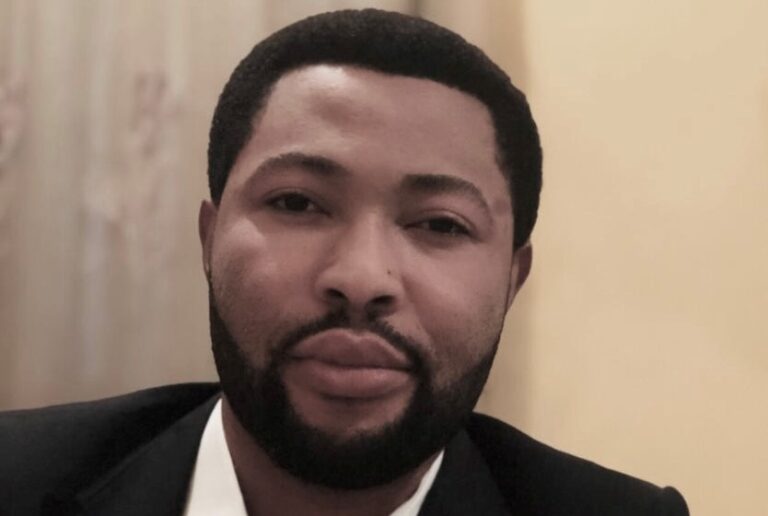Gabriel Tosin Ayodele never set out to build ordinary software. From his earliest days working on local projects in Lagos to leading complex system designs used in real-world deployments across multiple industries, his focus has been consistent: build systems that do the hard, invisible work that communities rely on, but rarely see.
Ayodele is not chasing hype. He’s not building for headlines. His platforms power digital payment networks, emergency healthcare systems, and mission-critical DevOps pipelines, the kind of infrastructure where mistakes aren’t bugs, they’re blockers to real human outcomes.
“I don’t build apps. I build systems people trust with their lives, data, or last savings,” Ayodele says. “That’s a different responsibility entirely.”
One of Ayodele’s most lauded contributions is a real-time fraud detection engine, integrated within digital financial platforms serving thousands of users per second. Built with adaptive learning algorithms and cloud-native architecture, the system not only flags fraudulent activity, it evolves with it. This platform has helped reduce fraud rates by 35% in some deployments, enabling microfinance institutions to offer services with confidence in regions previously considered high-risk or non-viable.
“When a market is labelled ‘unbanked’, what they’re really saying is no one has built systems resilient enough to serve them,” he explains.
Ayodele’s systems aren’t limited to finance. In one project developed during the COVID-19 pandemic, he led the engineering of a smart triage assistant now used in under-resourced hospitals. Built to run in environments with intermittent connectivity, the platform helps health workers prioritize patient care in real time, reducing triage delays by up to 50% in some facilities. And it didn’t stop after the pandemic. The system was designed to be sustainable, scalable, and adaptable to post-COVID healthcare needs.
“We weren’t just responding to a crisis. We were building a better default.”
In the backend, Ayodele’s influence is equally felt. His DevOps leadership has turned brittle infrastructure into high-velocity, secure, scalable pipelines. One of his standout deployments resulted in an 80% reduction in manual release errors, over 40% improvement in system uptime, and a shift from reactive firefighting to automated, auditable system operations. But Ayodele’s approach to engineering goes beyond automation, it’s rooted in ethics and system thinking.
“DevOps isn’t about speed. It’s about control. About knowing when a change breaks something, and how to fix it before users feel it.”
Whether designing fraud detection frameworks or patient triage logic, Ayodele builds with context-first thinking. His platforms don’t assume fast internet or consistent hardware. They assume reality and work anyway. His recent initiative, the UK-Africa Knowledge Exchange on Responsible AI, is designed to ensure systems aren’t just technically sound but socially accountable, driven by local insight, not abstract ideals.
“If your system only works in perfect conditions, it’s not ready. Not for the real world.”
Ayodele’s platforms have drawn attention from leaders across fintech and public health sectors, with industry analysts noting their unusual combination of scalability, resilience, and ethical design. “There are very few engineers building for scale and equity at the same time. Gabriel is one of them,” says a senior systems architect at a West African health logistics firm.
Gabriel Tosin Ayodele isn’t trying to “disrupt” industries. He’s trying to strengthen them. Through better pipelines, safer AI, and smarter defaults, he’s helping build systems that can be trusted in the moments that matter most. And in doing so, he’s proving that the real future of tech isn’t about hype cycles, it’s about people, performance, and permanence.




